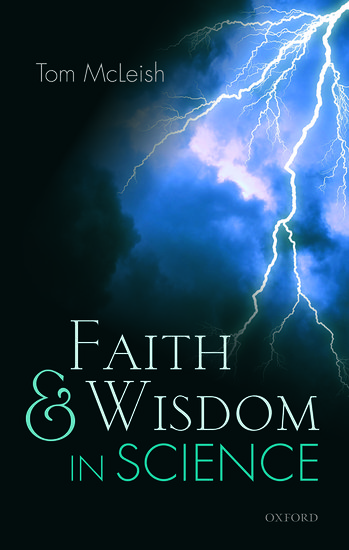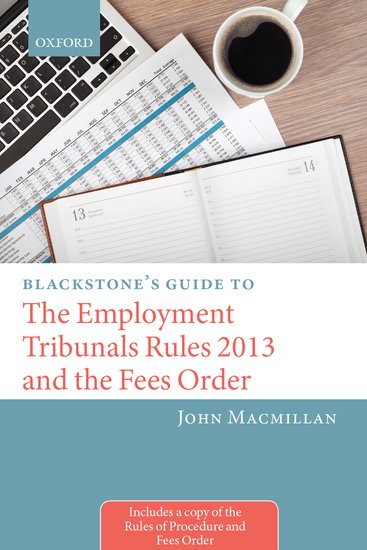Telemachos in Ithaca
How do you hear the call of the poet to the Muse that opens every epic poem? The following is extract from Barry B. Powell’s new free verse translation of The Odyssey by Homer. It is accompanied by two recordings: one of the first 105 lines in Ancient Greek, the other of the first 155 lines in the new translation. How does your understanding change in each of the different versions?







